Today is tax day and to hear the politicians tell it – Americans hate taxes more than just about anything. Right?
Not so fast.
My colleague here at Brookings, Vanessa S. Williamson, has written a book called Read My Lips: Why Americans Are Proud to Pay Taxes that upends some conventional wisdom about Americans and their taxes and offers a prism through which to better understand our overall attitudes towards taxes. Williamson uses survey data and augments that with in-depth interviews of many different Americans that help make sense of the contradictions she finds in her research.
The headline here is that most Americans see taxpaying as a civic and moral responsibility. In fact over 90 percent agree with the statement that “It is every American’s civic duty to pay their fair share of taxes.” Moreover, taxpaying is viewed as the price of citizenship. Americans, conservative or liberal, Democrat or Republican, are proud to pay taxes. As one man Williamson interviewed put it—taxes are “The cost of being an American.” As Williamson’s research shows, “The idea that ’Americans hate taxes’ has become a truism without the benefit of being true.”
The fact that Americans are proud to pay taxes shows up at the ballot box and at tax time. Williamson tracks all state ballot measures from 1980 to the present. She finds that measures which cut taxes barely outperform state ballot measures that raise taxes. So much for the tax revolt. As Williamson concludes: “If there’s a tax revolt going on in America today, it is not coming from the voters.” She also points out that America traditionally has very high rates of “voluntary compliance.” The small percentage of audits conducted by the IRS and the small penalties charged versus the amount owed have led many scholars to conclude that America has a culture of “voluntary” tax compliance.
So if Americans are proud to pay taxes and pay them voluntarily, where does all the yelling and screaming come from? Americans may not be mad about paying their own taxes but they are very mad at the all the people they perceive as NOT paying taxes—especially poor people. One reason is that perceptions of tax paying are heavily dominated by the income tax. There’s a good reason for this. The income tax is the most visible tax since everyone has to take action once a year to pay it. Other taxes, such as the payroll tax, are deducted automatically from paychecks and are thus less visible. And sales taxes are paid in small increments all the time and thus often overlooked. The result is that many Americans assume that poor people don’t pay taxes, even though the payroll tax and sales tax hit poor people much harder than they do anyone else. Williamson compares her respondents’ biggest estimated tax with their perceived biggest tax and finds, for instance, that for nearly half of her interviewees the sales tax is their biggest tax. And yet only 10 percent of her sample perceive it to be their biggest tax. “In particular,” says Williamson, Americans underestimate their payroll taxes, fail to recognize the cost of the sales tax for poor people, and overestimate their income taxes.”
Secondly, Americans are proud to pay taxes because by and large they believe their money should go to things close to home such as roads, schools and health and should not go to things that are distant from their own experience such as science, corporations and, especially, foreign aid. While this finding is not new, Williamson explains it in terms of her primary conclusion, because Americans are proud to pay taxes they are especially angry at those who they think don’t pay taxes. “Benefits,” writes Williamson, “should not accrue to those who fail to chip in to pay for government services.” The perception that poorer people and immigrants don’t pay taxes makes those who do pay angry and resentful when they think that some people aren’t pulling their weight in the system. They are also angry at the large amount of “waste” in government. Here they cite specific government programs, the perks they think politicians get and the fact that some citizens don’t really know where government money goes. And, even though most have had no personal experience with the Internal Revenue Service (IRS) they describe it in draconian terms, referring to it as the “men in black.”
The Americans Williamson talked to are no less angry at rich people than they are at poor people. They believe that the rich, like the poor, do not pay their fair share of taxes. But their anger does not stem from some generic resentment against people with money. Instead, it comes from the actual experience of filing income taxes and the search for loopholes that would reduce their rates. They are convinced that the wealthy are able to take advantage of a large number of loopholes and that they thus end up paying a lower percentage of their income in taxes than poorer people do. The result is a confusing support for progressivity in the tax code AND support for a flat tax.
Williamson concludes that the “invisibility of low-income taxpayers has more damaging implications” than failure to strongly support a progressive tax code because of the impact it has on support for social safety net programs. But her data should also be a call to arms to people in government to search for ways to make the government’s financial system more accessible. The creation of Social Security statements is one way to show taxpayers how their contributions will result in actual benefits.
Trust in government is at all-time lows for the federal government but has been, and remains, higher for state and local governments. What Americans never see is how much federal money flows through the state and local system. I once spoke to a retired United States Senator who lamented going out to the dedication of a new library and seeing how pleased everyone was and then realizing that no one there knew how much federal money went into it. For policy makers Williamson’s book suggests two important strategies. One, the government should work hard to make both taxing and spending easier to understand. And two, politicians would be wise to get rid of tax loopholes that offend Americans’ sense of fairness and justice.
The Brookings Institution is committed to quality, independence, and impact.
We are supported by a diverse array of funders. In line with our values and policies, each Brookings publication represents the sole views of its author(s).

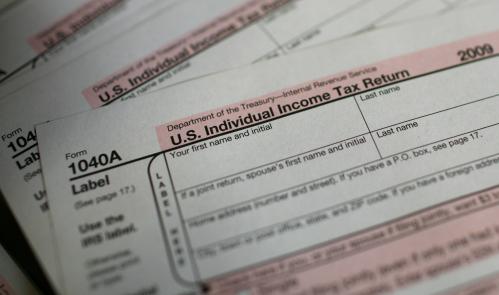
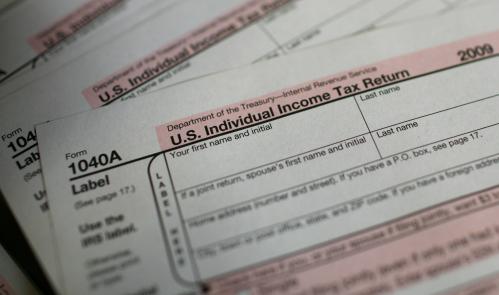
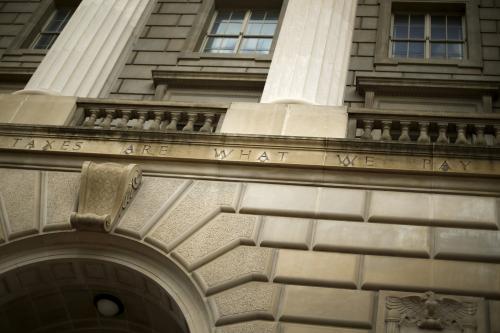
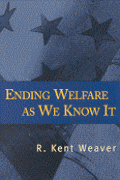
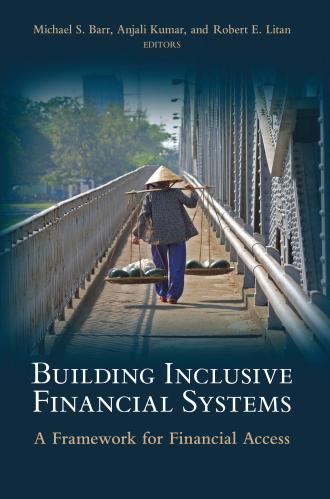
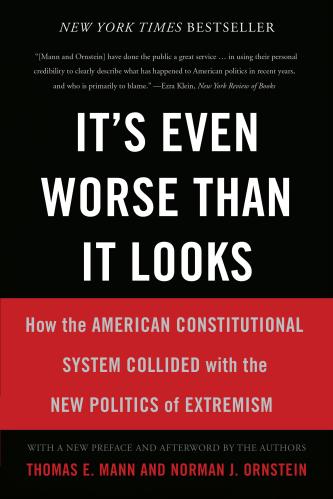




Commentary
It’s Tax Day and Americans are mad as heck. Right? Wrong!
April 18, 2017